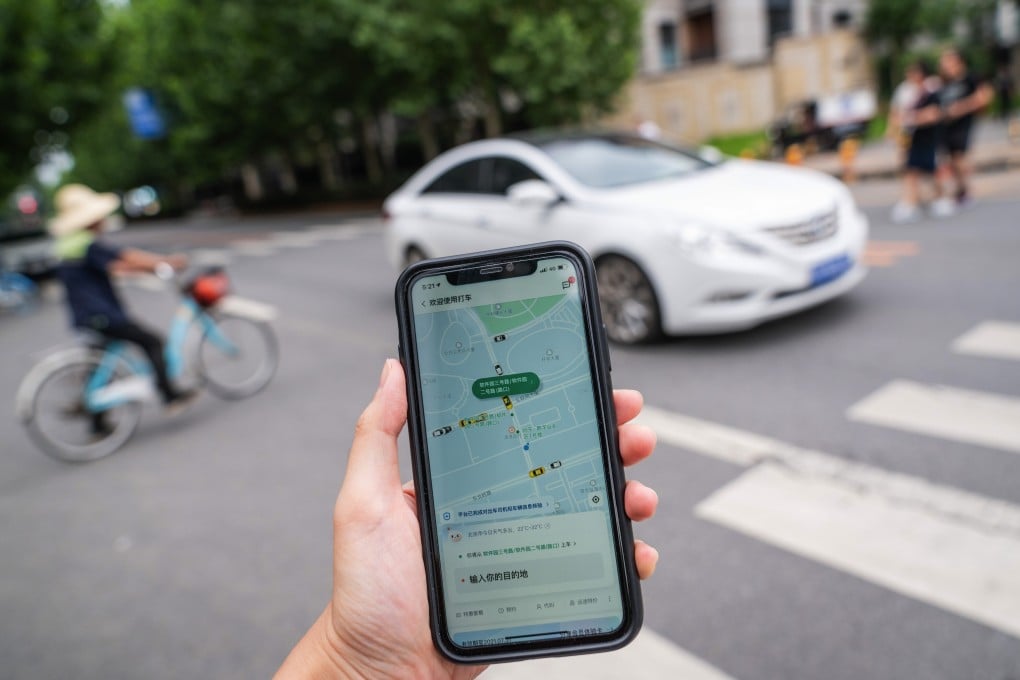Didi Chuxing pushes ahead with hiring for its own car unit despite cybersecurity probe, sources say
- Beijing-based company has opened over 100 vacancies for the unit since the end of last month, including design, engineering and procurement
- The hiring marks an expansion from the current 600 employees at the unit, said a person familiar with the matter

Chinese ride-hailing giant Didi Chuxing, currently subject to a cybersecurity investigation, is quietly pushing ahead with a plan to make its own vehicles by expanding the team, according to people familiar with the matter.
The Beijing-based company, which has been under investigation by the Cyberspace Administration of China (CAC) since mid-July, has opened over 100 vacancies for the unit since the end of last month, ranging from design, engineering, to procurement and logistics, according to its official careers site. This marks an expansion from the current 600 employees at the unit, said a person familiar with the matter, who declined to be named as he is not authorised to speak to the media.
Separately, Didi is looking for six autonomous driving engineers that will help to develop power, computing and sensor systems. It has also been looking for an accountant for its car-making operations since July 28, according to its website. All of the new job posts emerged after Chinese authorities launched their probe into Didi.
Didi did not immediately reply to a request for comment.
Beijing is also working to impose a ceiling on how much ride-hailing platforms like Didi can take from fares, forcing them to set a minimum for drivers. As such, the long-term profit outlook for the industry will likely hinge on how these platforms can reduce their reliance on human drivers.